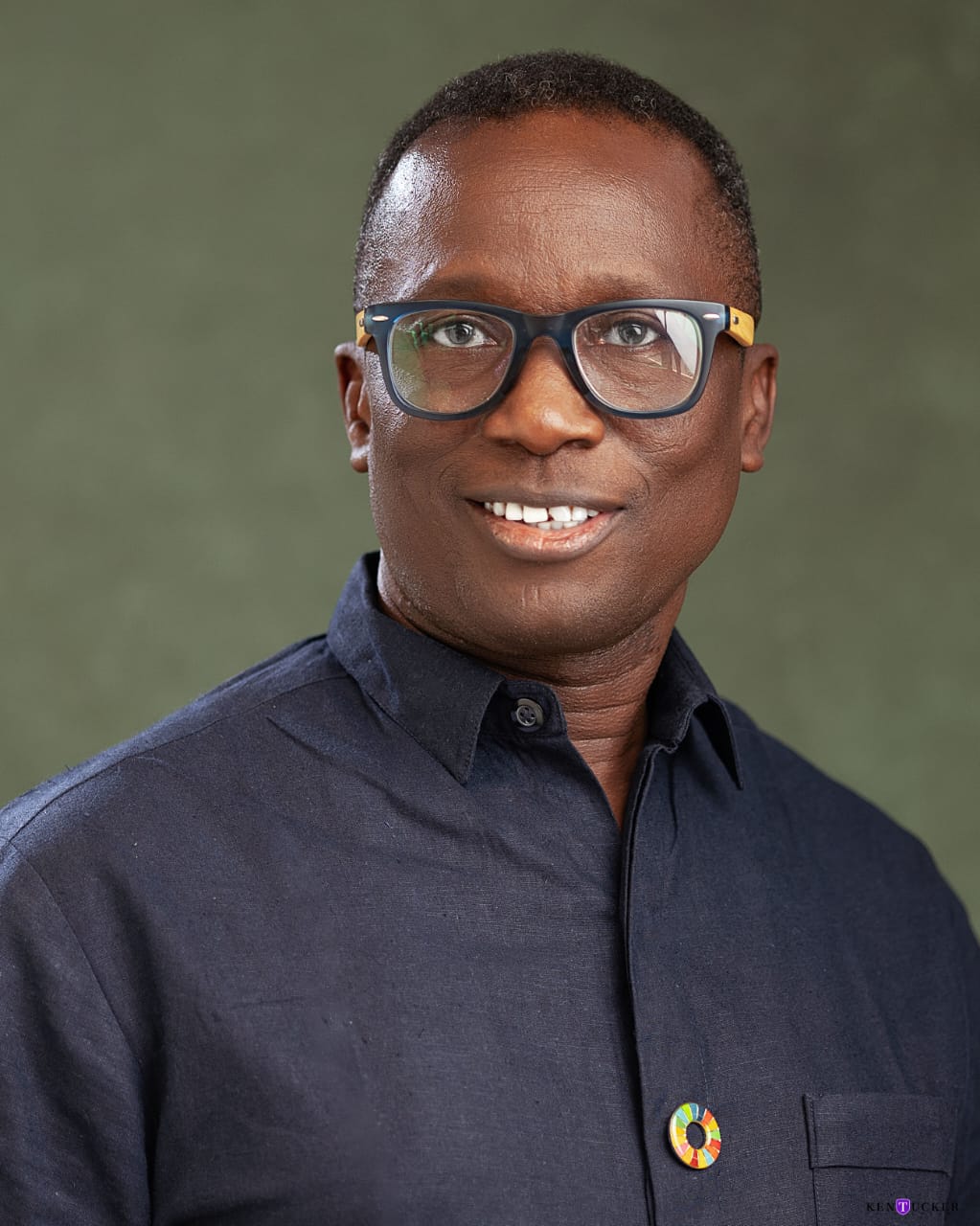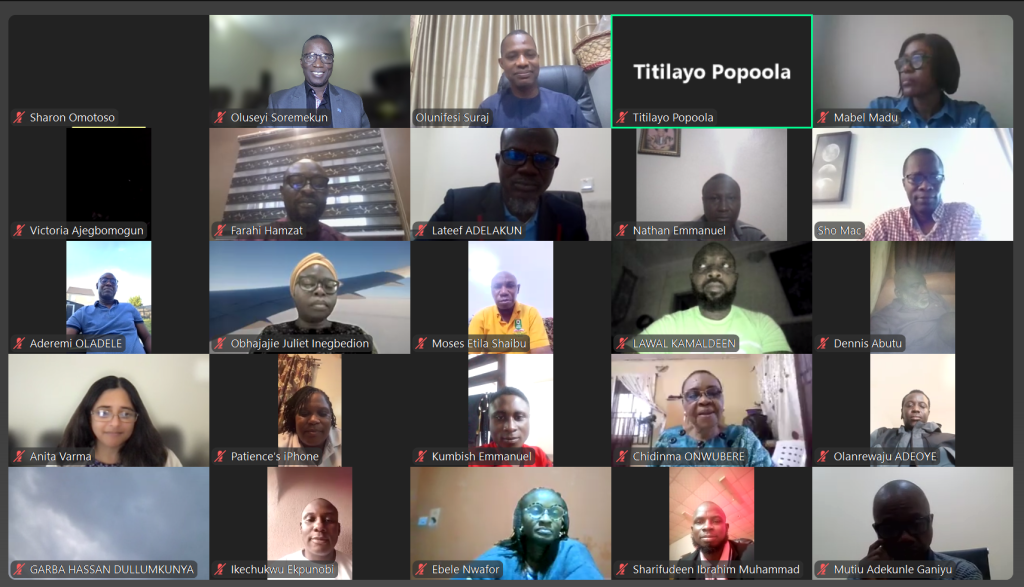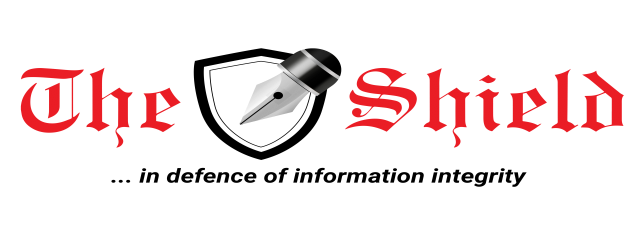NATIONAL NEWS
“Make MIL culturally relevant and accessible to all” – Soremekun urges stakeholders

At a global webinar hosted by the International Media and Information Literacy Institute (IMILI), to promote inclusive Media and Information Literacy (MIL) that contributes to the broader goal of ensuring information integrity, Dr. Oluseyi Soremekun, National Information Officer at the United Nations Information Centre (UNIC) Nigeria, delivered a keynote urging stakeholders to make Media and Information Literacy (MIL) culturally relevant and accessible to all.
”MIL must adopt Inclusive teaching methods including using multilingual resources and accessibility tools to reach learners with different linguistic and physical needs, and respectful of their local realities.” He said.
His message emphasized the power of MIL to promote truth, dialogue, and accountability in an increasingly complex information landscape.

The seminar, titled “Inclusive MIL and the Pursuit of Information Integrity: Adapting Curriculum for Active and Informed Global Citizens”, brought together 138 participants representing critical stakeholders such as civil society, academia, media, and government, from across the world. The seminar interrogated the intersection of four key principles: MIL, inclusivity, information integrity, and global citizenship.
Dr. Soremekun highlighted that inclusivity in MIL is not just about adding diverse examples. It requires a fundamental rethinking of whose stories are told, how they are told, and who gets to tell them. He stressed that MIL must be accessible to all, regardless of socioeconomic status, geography, language, ability, or identity. This approach helps close digital and information gaps, especially for marginalized communities, and fosters empathy and mutual understanding.
Discussing the UN Global Principles for Information integrity, Soremekun highlighted its five principles: societal trust and resilience; independent, free and pluralistic media; transparency and research; public empowerment; and healthy incentives in combating misinformation and promoting human rights.
He explained that “Information integrity refers to the trustworthiness, accuracy, and ethical standards of information. It’s about ensuring that the information we consume and share is truthful, well-sourced, and not manipulated.”
According to him, promoting information integrity is essential for public trust, democratic processes, and social cohesion. Information integrity is the foundation of trust. It’s not just about avoiding lies, it’s about cultivating habits of verification, ethical sharing, and accountability.
To prepare students for global citizenship, the seminar called for dynamic and inclusive MIL curricula that integrate media literacy across subjects and reflect learners’ lived experiences.
Dr. Soremekun closed with a reminder: “Use your MIL skills to promote truth, dialogue, and accountability. Leave no one behind.” His words echoed the seminar’s core message that inclusive, ethical, and accessible media literacy is vital for building a more informed and resilient global society.
Other panelists who spoke at conference include; Assistant Professor Anita Varma from the School of Journalism and Media, UT Austin in Texas, Professor Obhajajie Juliet Inegbedio at the National Open University, and Wallace Gichunde, the Executive Director, Center for Media and Information Literacy, Kenya.









